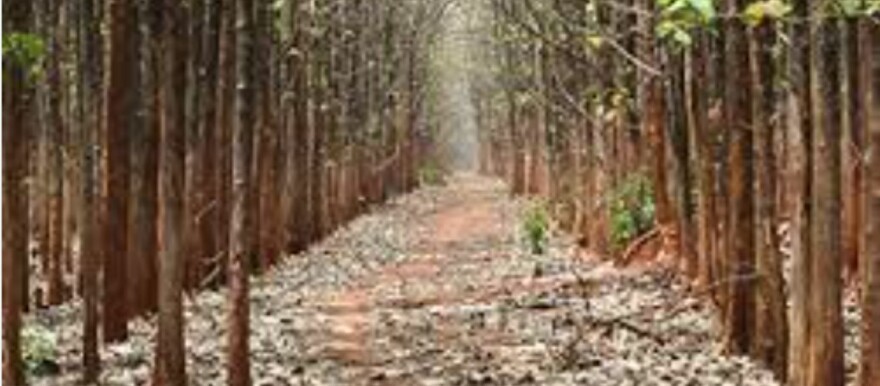Inhabitants of South Sudan’s Eastern Equatoria State have questioned how the governments at the state and national levels are prioritizing the allocation of resources.
This comes as residents across the state voice concern about corruption and the misuse of available resources –factors that have contributed to the failure of the government to deliver services.
Nicodemus Lotar, a resident of Kapoeta South County, says that the state government must use available natural resources to provide better services to an already suffering population.
“It is a lot of gold that we have here in greater Kapoeta but the community benefits very compared to the companies mining gold in the area that are even destroying the environment,” he says. “My advice to the government or stakeholders is that those companies extracting our minerals in Eastern Equatoria State should invest in building schools and constructing roads for easy service delivery because people fall sick in far-flung villages and cannot reach the town easily due to poor roads.”
Meanwhile, Efuk Thomas, a resident of Torit town, says the state government must prioritize education for children and improve road infrastructure across the state.
“My issue is the roads because most times we have several accidents happening in town due to the many potholes which make drivers lose control,” he says. “We need the government to repair the roads to avoid accidents.”
On her part, Agnes Sebit, demands that the government avail medicine in hospitals and pays health workers and teachers better to ensure they are motivated.
“I want the government to provide medicines because the hospital now cannot provide any drugs and If you need treatment, you are referred to a clinic. The hospital is now very dirty and no one cares about it anymore, even staff no longer come to treat patients. The government needs to pay health workers better,” she says. “Also, we hear that companies are constructing the road from Juba to Torit but sometimes they stop working. Maybe they run with our money so vehicles continue to get stuck on the road. The government needs to look at this.”
Charles Onen Lokwaruk, the chairperson of the Civil Society Network in Eastern Equatoria State, questions where the government puts the proceeds from teak logging and artisanal gold mining.
“If we talk about the environment, the biggest thing that comes to our minds is our forests and mining. The state used to have huge deposits of resources and more importantly forests and minerals. Some of the forest plantations were in Kalisoni, Lerwa, Lowoi, and Agoro. We also have some natural forests for African auxilia in Imurok, Kormush, Imotong, and our famous Ketire teak plantation. Citizens say they are not seeing these forests these days,” he says, “These forests are no longer seen and the people were expecting that these they will generate for us some revenue for constructing good roads, good schools, good hospitals and improve the livelihoods of citizens. When are they going to utilize the money to provide us with these services?”
According to Onen, the mismanagement of forestry resources has resulted in prolonged droughts that have affected farming across the state over the last few years.
He also wonders what the government is doing about runaway inflation and soaring commodity prices.
“It is the responsibility of state government to respond to skyrocketing prices. The people often ask me why prices keep shooting up yet the poor people in the villages are poor and cannot afford,” he says. “These questions may not be answered today or very soon but one day the people responsible will account because when you were a payam chief, head chief, commissioner, payam administrator, state minister, members of parliament, the governor, and their deputy –you are charged with responsibilities.”
“The time is coming to account for the destruction of the environment, forests, and our minerals and to account for the money received from them,” Onem adds.
The state’s Minister of Agriculture, Environment, and Forestry, Placid Koks Komakech, however, admits that logging continued over the years until he was appointed as head of the anti-logging committee.
He says the state cannot stop citizens from harvesting timber for construction but that process must follow lawful.
“When I took office in March 2021, I found that the governor had already issued a decree forming an anti-logging committee. I started to work with them and found it a little bit difficult because I was pulling ropes with them. They approve something even when I have said no to the request. When I would talk to them, they would respond that they are the committee responsible. I would tell them that I am the minister,” he narrates. “We kept pulling ropes like that until the committee was changed and another committee formed. That new committee did not last and was also changed and I became the chairman of anti-logging and that is why today there is no more logging.”




